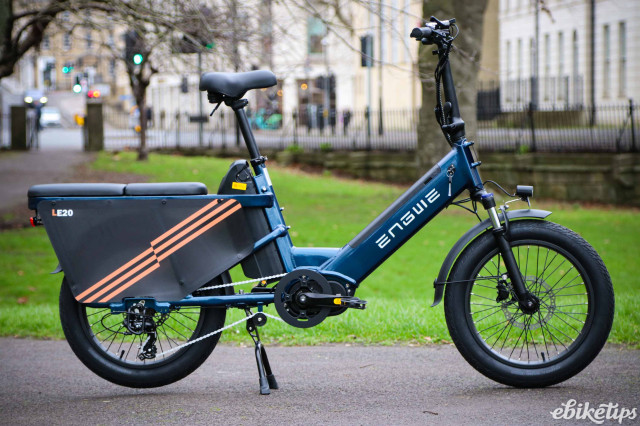Britons are increasingly turning to e-bikes and e-scooters as the UK’s fuel crisis drags on. Online retailer E-Bikes Direct this week reported a 100 per cent rise in enquiries and sales as many look to preserve petrol and diesel for longer journeys.
The key issue underpinning the crisis has been a shortage of drivers to distribute fuel.
The Petrol Retailers Association (PRA) yesterday reported that supplies were still not improving at independent forecourts.
The organisation, which represents nearly 5,500 of the UK's 8,000 filling stations, told the BBC that 27 per cent of its members' petrol stations were out of fuel on Thursday.
The crisis has reportedly led to a surge in interest in electric cars, but with urban areas having been hardest hit by shortages, that interest has extended to e-bikes too.
Matt Flanagan, CEO at E-Bikes Direct, said that for those who live relatively nearby, an e-bike can take the stress and worry out of making the journey to work.
> Buying an e-bike: a beginner's guide to electric bikes (+ video)
“We have seen a 100 per cent increase in enquiries and sales in the past week,” he said. “The thought of having to join long queues and use what little fuel you have while waiting in line has forced many to question the logic of doing so and prompted another big upswing in demand for electric bikes.
“Aside from the negative environmental impact of spending an hour or more idling in line, there’s the constant worry that you’ll run out of fuel before you reach the petrol station. Or worse still, be turned away with an empty tank when the pumps run dry.
“It’s easy to see why people are looking for realistic, reliable alternatives, and an e-bike is a much more accessible option for many than an electric car.”
The UK’s leading e-scooter operator, Voi, has also seen demand increase. The firm says that usage of its hire scooters has risen by 44 per cent at 8am on weekdays.
Voi says the average UK e-scooter journey is 1-2 miles – the same distance as 60 per cent of car journeys.
Speaking earlier this week, UK and Ireland general manager Jack Samler said: “The last few days have shown a significant spike in people wanting to try our e-scooters and have offered people a new alternative mode of transport that means they are still able to work and travel when their car is off the road.
“In the long-term, we need to find alternative ways to get around that are better for the environment and e-scooters can play a part in reducing car usage in dense, inner-city areas. This week’s events have at least opened many more people’s eyes to the role that e-scooters could play in the transport mix in future.”






